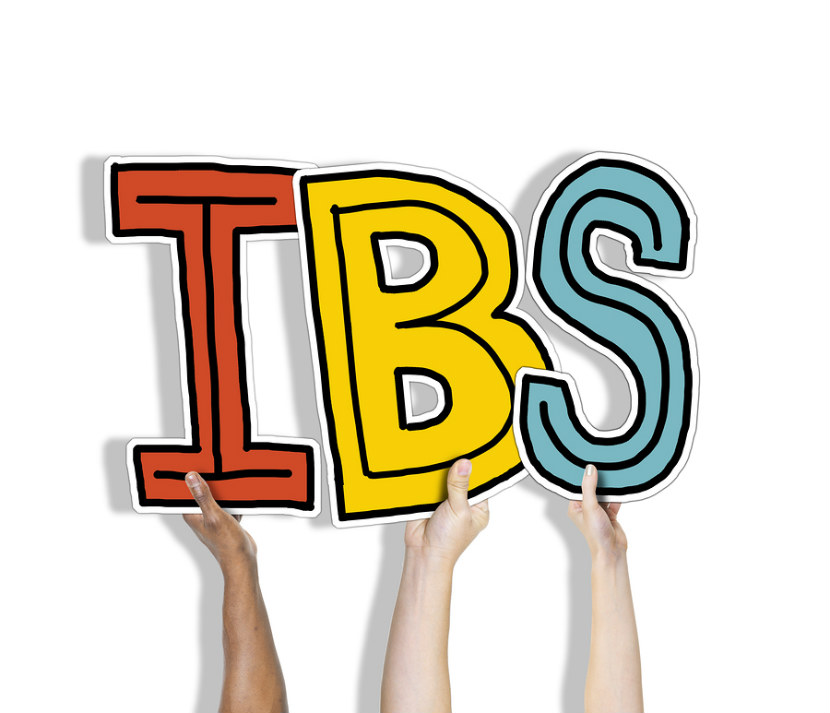
Do you suffer from stomach pains or cramping involving sudden trips to the bathroom? Do you know if you have irritable bowel syndrome (IBS)? Is it possible to reduce the symptoms associated with irritable bowel syndrome? Are there any foods that should be avoided? If you have any questions about irritable bowel syndrome read this article to find out more.
What is irritable bowel syndrome?
Irritable bowel syndrome (IBS) is a fairly common gastrointestinal disorder. It is a chronic condition that can reoccur and interfere with your lifestyle. Typical symptoms include abdominal pain, cramping, bloating, and changes in bowel habits from sudden onset diarrhea to constipation. These symptoms are usually relieved after a bowel movement. In some cases, IBS can occur after an illness involving fever, vomiting, or diarrhea. Bleeding and persistent severe pain are not symptoms of IBS, and may indicate other problems.
If you have these symptoms, tell your healthcare provider and talk to them before you start any kind of treatment. It is important to have other diseases like celiac disease and inflammatory bowel disease ruled out first.
What causes irritable bowel syndrome?
There is no specific cause of IBS, but many people living with the condition appear to have a hypersensitive colon. A number of factors can contribute to IBS including genetics, previous gut infections like gastroenteritis, environmental causes, and emotional causes like worry and stress.
Are there specific foods that can trigger IBS symptoms?
Foods and drinks bother people with IBS differently. One way to know if any particular food causes problems is to write down all of the foods you eat and drink, and record any discomforts. Before eliminating any foods consult with a dietitian to make sure you are eating a balanced diet and getting all the nutrients you need.
Are there any diets that help lower IBS symptoms?
Following a low FODMAP diet may help reduce symptoms of IBS. FODMAPs are types of carbohydrates found in some foods like wheat, milk, garlic and apples. Foods that contain high amounts of FODMAPs may not be digested well by people with IBS causing uncomfortable symptoms like gas and bloating. Check out our article on the low FODMAP diet to find out more.
What are some helpful tips for reducing IBS symptoms?
-
A balanced diet including vegetables and fruits, whole grains and proteins is important to reduce symptoms related to IBS. A dietitian can give you more specific recommendations for which nutrients you may need more or less of, depending on your symptoms. For example, some people with IBS who suffer from constipation may benefit from increasing their fibre intake.
-
Don’t eat too much in one sitting. Some people find that eating more small meals throughout the day or eating smaller portions during the three main meals may help.
-
Reduce your intake of foods high in fat. Examples of foods that are higher in fat include high fat meats and deli products, high fat dairy products including cheese, ice cream, whipped cream, butter and margarine, deep fried foods like French fries, battered fish and fried chicken, and highly processed foods like pastries, cookies, chips and other snack foods.
-
Try not to skip meals and avoid eating too late at night.
-
Drink plenty of fluids especially when increasing fibre intake.
-
Reduce intake of carbonated beverages and beverages high in sugar.
-
Some people report caffeine and alcohol make IBS symptoms worse. Reducing intake of these beverages might be helpful.
-
Eat meals in a relaxed atmosphere. Chew foods slowly without gulping in air to reduce bloating.
-
Avoid eating too many products made with artificial sweeteners containing sugar alcohols (like mannitol, sorbitol, xylitol) or polydextrose as these may cause bloating, gas or diarrhea.
Do people with IBS also have lactose intolerance?
Some people with IBS may also have lactose intolerance. If you suspect you have lactose intolerance, speak to your health care provider about being tested. Reducing foods with lactose is part of the low FODMAP diet for IBS. Research shows that following this diet with the help of a dietitian can help reduce some of the symptoms of IBS.
Are probiotics helpful for people with IBS?
There has not been enough research done to recommend a specific type and amount of probiotic for IBS. If you would like to try probiotics, they are generally considered safe for most people. Many foods like yogurt, also contain probiotics, but they also contain lactose which people with IBS may be sensitive to. As always, speak to your healthcare provider before starting a new supplement. If you would like specific guidance on choosing a probiotic, speak to a dietitian.
How can a dietitian help?
A dietitian can work with you to help identify foods that may be triggering your IBS symptoms. They can also give you personalized advice on what foods to eat more or less of, depending on your unique symptoms. Your dietitian will create a step-by-step plan to implement these changes, while making sure you are getting all the important nutrients you need. Connect with a dietitian today!
Bottom line
There are no specific foods or beverages that cause IBS. One way to know if a food is triggering your symptoms is to keep a detailed food and symptom diary. Following a low FODMAP diet may help reduce your IBS symptoms. When eliminating foods from your diet, it is best to work with a dietitian to make sure you are not missing out on important nutrients.
You might also be interested in:
Managing Inflammatory Bowel Disease
Tips for Healthy Digestion
What Is the Low FODMAP Diet
Food Allergies and Intolerances
This article was written and reviewed by dietitians from Dietitians of Canada
Last Update – January 14, 2023